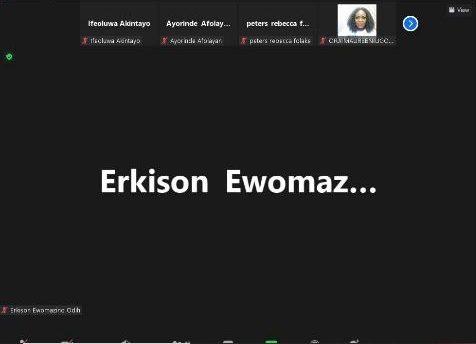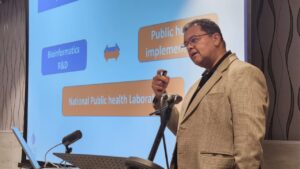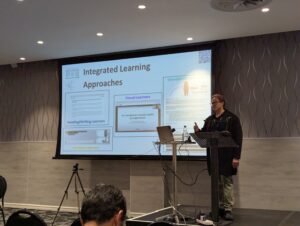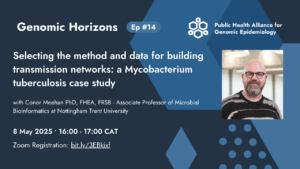Thanks to the Bill and Melinda Gates Foundation, PHA4GE received funds that were utilized to implement standardized bioinformatics practices, pipelines, and data structures in either anti-microbial resistance (AMR) or SARS-CoV-2 sequencing within national public health laboratories. We look at six teams, from five different low to middle income countries (LMICs), that successfully completed these projects.
PHA4GE chats to Dr. Iruka N. Okeke and Dr. Ayorinde O. Afolayan from Global Health Research Unit for the Genomic Surveillance of Antimicrobial Resistance, University of Ibadan, Nigeria. They share on what worked well, what could have been done differently and what they envision as next steps in being responsive to disease outbreaks.
Dr. Okeke and Dr. Afolayan, what worked well in implementing the AMR project?
The AMR Project was aimed at providing an entry point for hospital laboratory scientists and Field epidemiologists in the understanding of genomic science, the analysis of sequence data, and interpretation of sequence data. We were able to successfully organize two modules of bioinformatics virtual workshops which introduced participants to the use of web- and commandline-based tools in analysing and interpreting genomic sequence data. Participants were also able to utilize our successfully-launched Nextflow Tower platform that deploys our AMR gene prediction pipeline together with a crucial Hamronization step to predict AMR genes in silico, as well as generate a report for the exchange of AMR genomic surveillance data.
In your own opinion, what did not work well and how could this have been done differently?

As undeniable as our successes were, nothing beats a physical bioinformatics workshop. One reason is that some participants faced challenges in the installation and execution of a bioinformatics tool on their local PCs during the second module of the workshop, and it would have helped if a bioinformatics tutor was on ground to help out quickly enough. Although we were able to solve almost all installation challenges remotely, the process was much slower than one would have loved it to be, and this sometimes extended the workshop time for the day. Knowing that this pandemic will not be over any time soon, a third module of the bioinformatics workshop slated to take place later this year will most likely be conducted virtually. Luckily, all the bioinformatics tools needed for the workshop are already installed on our server, thereby nullifying any potential installation issues.
A few of the participants did not have the foundation for the first module, which made learning a little difficult for them, and for the rest of the cohort. We are now developing and piloting a pre-assessment and a ‘Module Zero’ of basic foundational concepts that could prepare participants with little molecular biology background to succeed in the first module.
What are the next steps for you and your team?

We intend to conduct a third bioinformatics module so that participants who have attended the first and second module of the workshop will have a more grounded understanding and interpretation of sequence data, which is a necessary skill for the enhancement of Nigeria’s growing genomic AMR surveillance efforts. Afterwards, we will conduct a Train-the-Trainer workshop for a subset of participants so that they can, in turn, conduct similar bioinformatics training sessions in their hospitals or research centres around Nigeria.
Our modules one and two are templates for ongoing and future training programs. For example, we are preparing a cohort of African typhoid researchers to enter an adaptation of Module 1 next month.
We also intend to make our analysis pipelines more accessible to the public using the web-based Nextflow Tower platform, so that public health practitioners with a working knowledge of genomic science but little or no experience in the use of the command-line can analyze and interpret data easily. Funding for the development and maintenance of these pipelines, as well as funding for the storage and computation costs on Amazon Web Services (where all submitted analyses “jobs” via the Nextflow Tower Platform are run), will ensure continued development and sustenance of sequence analyses pipelines.
*Dr Iruka N. Okeke and Dr. Ayorinde O. Afolayan worked Erkison Ewomazino Odih, Odion Ikhimiukor, Rotimi Dada, Ifeoluwa Akintayo and Faith Popoola Oni to complete this project.



